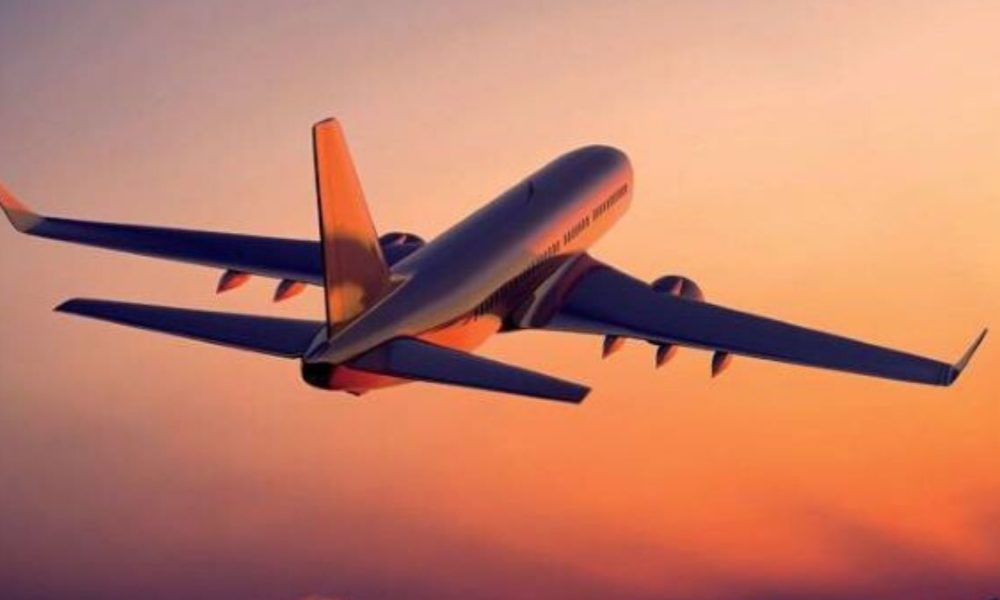If we talk about Aviation law in its basic terminology then it is a law that concerns with flight, air travel and associated legal and business travel. Aviation law also regulates the area of transportation facilities to facilititate the freedom of human beings to travel and protect and regulate the necessary rational action. In many cases Aviation law is considered as the Master of International Law due to the nature of air travel. Who is Aviation lawyer? And if talk about Aviation lawyers then they handle the aviation related cases under the commercial or general aviation for private individual or government or companies. They may represent an airline and work for an aviation unit and may represent large corporation who own aircraft or have dealings with aircraft. The laws and agreements (whether national, bilateral, or multilateral in origin) governing international air travel make up international aviation law. In addition to the widely acknowledged sources of international law, the national and supranational legal and political cultures of the international community of States serve as the foundation for this body of law. The phrase “air law” itself is contested and ambiguous, but it has been in use for more than a century. The development of balloons, airships, and zeppelins attracted the attention of the majority of reputable scholars around the world at this period, a year before the Wright brothers flew their first heavier-than-air aircraft. A person’s life and the economic development of a nation are both significantly impacted by aviation. It promotes cross-cultural exchange, international trade, and tourism. A thorough legal framework that addresses every aspect of aviation is urgently needed given the emergence of globalisation and the rise of aviation. Consequently, the idea of aviation law developed. In terms of aviation law’s definition in its purest form, it refers to the rules and guidelines that control how aeroplanes operate. The area of law known as aviation law is focused on all legal and commercial issues related to the operation of air travel. The use of airspace for aviation and the advantages it provides to the public and to countries throughout the world are governed by a set of rules. On a global scale, the first instance the aviation law was implemented was in 1910 when a German air balloon entered French territory without authorization. After that, the French government came to an agreement with Germany, which opened the door for the establishment of aviation law globally. The first scheduled flight between Paris and London took off in 1909 before this occurrence. A Convention on International Civil Aviation was signed at Chicago on 7th December 1944. It established specific principles in order to develop international civil aviation in a safe and orderly manner. It also ensures that international air transport services are established on the basis of fair opportunity for participating countries. The Ministry of Civil Aviation under the Indian Government, which is the nodal agency responsible for the formulation of national policy and programmes for the development and regulation of the civil aviation sector in India, has as its primary responsibility the regulatory framework of aviation law in the domestic territory of India. The Ministry of Civil Aviation has administrative control over a few autonomous and attached organizations. These businesses are: Directorate General of Civil Aviation (DGCA): It is the regulatory body responsible for regulating air services to/from/within India and enforcing civil aviation regulations, aviation safety and airworthiness standards. Civil Aviation Security Administration (BCAS): It is responsible for setting standards and measures related to civil aviation safety at Indian international and domestic airports. Indian Aviation Economic Regulatory Authority (AERA): AERA’s mission is to set air service tariff and lease tariff levels and monitor established performance standards for service quality, continuity and reliability. Namely Airports Authority of India (AAI): It was established to accelerate the integrated development, expansion and modernization of operational, terminal and cargo facilities. Airports in countries that meet international standards. Pawan Hans Helicopter Limited (PHHL): Its primary mission is to provide helicopter support services to the oil sector for offshore exploration operations, services in remote and hilly areas, and charter services to facilitate travel and tourism. International Law Perspective – The aviation industry is an aspect of international law due to the nature of air travel. At the international level, the International Civil Aviation Organization (ICAO) maintains administrative and professional bureaucracies to support diplomatic interactions and explore new aviation policy and standardization innovations mandated and endorsed by governments. Private International LawIt is the series of rules pertaining to the relations between private persons involved in the operation and the use of aircraft. It applies to the travelers and airline staff. For example, the Tokyo Convention frames the prohibition of unlawful acts committed on the aircraft. Aviation law is a complex branch of law due to a large number of factors like the globalization of aviation, the involvement of a large number of countries, commercial and business competition, and overlapping requirements. At present, the available laws and regulatory framework are consistent with the requirement of the nation. The destiny of air tour is shrouded in capability however fraught with uncertainty. but despite the demanding situations that lie ahead, there may be reason to be optimistic about the future of air journey. Air journey has come an extended way in a exceptionally short time frame. In 1903, the Wright brothers made history with the primary powered flight. simply over 50 years later, jet engines have been powering industrial aircraft, and air travel had come to be an indispensable part of our lives. nowadays, we take with no consideration the truth that we can board an airplane and be whisked away to our destination in a count number of hours. however, what does the destiny hold for air travel? That’s a hard question to reply, as there are so many variables at play. however, one issue is positive: generation will continue to play a main function in shaping the destiny of air tour. For example, we’re already seeing the rise of electric plane. these planes are quieter and bring far fewer emissions than their conventional counterparts. As battery era maintains to enhance, it’s likely that electric powered plane will become increasingly more feasible in the coming years.
Tripti Bhushan is Lecturer at O.P Jindal Global University, Jindal Global Law School, Sonipat, Haryana. Also working as Fellow at Centre for Law and Humanities at JGU
















